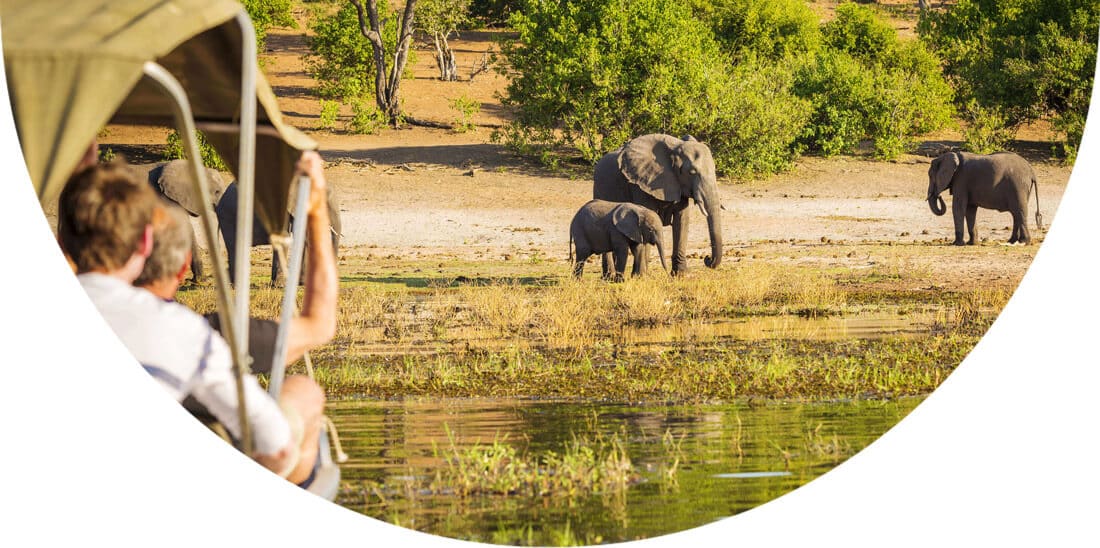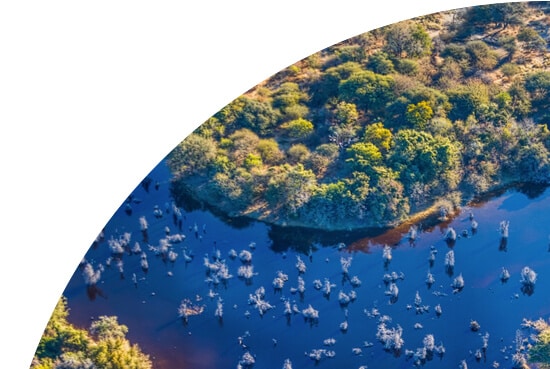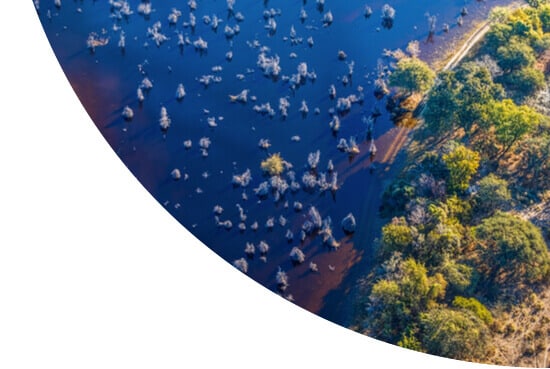Rift Valley fever (RVF) is an acute, fever-causing viral disease that usually affects domesticated animals (such as cattle and sheep), but can also infect and cause illness in humans. The majority of human infections are caused by direct or indirect contact with the blood or organs of infected animals.


Travel Vaccinations for Botswana
Recommended Vaccines for Botswana
The level of protection needed depends on your medical history and travel itinerary. Book now to get a personalised recommendation from our specialist travel nurses. The consultation costs £20 plus any vaccines you decide to take.
Flexible appointments with no upfront payment
Book Now
Destination Information for Botswana
Visitors to Botswana in Southern Africa have a treat in store! The lush landscapes and prolific wildlife make this incredible and vast country one of the world’s go-to destinations for tours, safaris and bird-watching. The iconic African landscape of Botswana evokes images of deserts and wilderness, but there’s also plenty of history and culture to discover along the way.
The plentiful game-reserves and national parks are Botswana’s biggest draw, and cover almost a fifth of the country. The Okavango Delta is a popular place for tourists, at the point where the Okavango River widens, forming the world’s largest delta and attracting animals from miles around. For bird-watching, the Makgadikgadi Pans National Park is unbeatable for the sheer variety of birds attracted to the salt pans. For any trip involving a safari, it’s usually beneficial to visit during the dry winter months of May – October, particularly June – August when it is cooler, rain is rare and the malaria risk is lowest.
If you’re interested in the traditions and culture of Botswana, the villages of D’Kar, in the Ghanzi district close to the capital, and Xai-Xai, in the far north of the country, offer tourists the opportunity to sample arts and crafts, and participate in rituals. The Tsodilo Hills in north-west Botswana near the Namibian border are a fascinating place to visit, with the highest concentration of rock art in the world offering a glimpse into human activities and developments since the Stone Age.
Infections and Outbreaks frequently change from country to country and by attending our clinics you will be given the most up to date clinical and safety advice from our team of specialists. Our advice to you often includes aspects such as:
- Food and water hygiene
- Insect and animal bite avoidances
- Personal safety
- Sexually transmitted infections
- Sun protection
- Altitude sickness
Malaria and regions within country:
There is a high risk of P.Falciparum malaria in the northern half of the country and anti-malarial medication is advised. There is low to no risk in the southern half of the country including the city of Gaborone and anti-malarial medication is not normally advised.
Additional Health Risks Information for Botswana
Botswana is a popular destination for British tourists, and most visits are completely trouble-free. Although the spectacular wildlife is a big draw for visitors, it can also occasionally be a hazard, with wildlife on the roads, especially at night. Avoid bathing in lakes and rivers due to the risk of Schistosomiasis caused by a fresh water parasite and the risk from animals which may see you as intruding on their space! Some areas of Botswana are high risk for malaria, so consult a travel clinic for all the necessary vaccines, malaria tablets and travel health advice before travelling.
Crime and attacks on tourists in Botswana is rare, but it does happen. Take care of your personal safety and the security of your belongings just as you would at home. The major towns of Gaborone, Francistown and Maun commonly experience petty crime and more serious incidents. Keep your valuables out of sight, even if you’re travelling by private car, and make use of your hotel safe. Game reserves and tourist areas are generally considered safe and secure.
If you’re travelling to a remote area, take a first aid kid and plenty of bottled water, along with a means of summoning help if necessary. Healthcare facilities in major towns are good, but very limited elsewhere, and communications can be unreliable. Take sensible precautions against mosquitos, use 50% Deet insect repellent, especially if you are trekking or camping in wooded areas.



